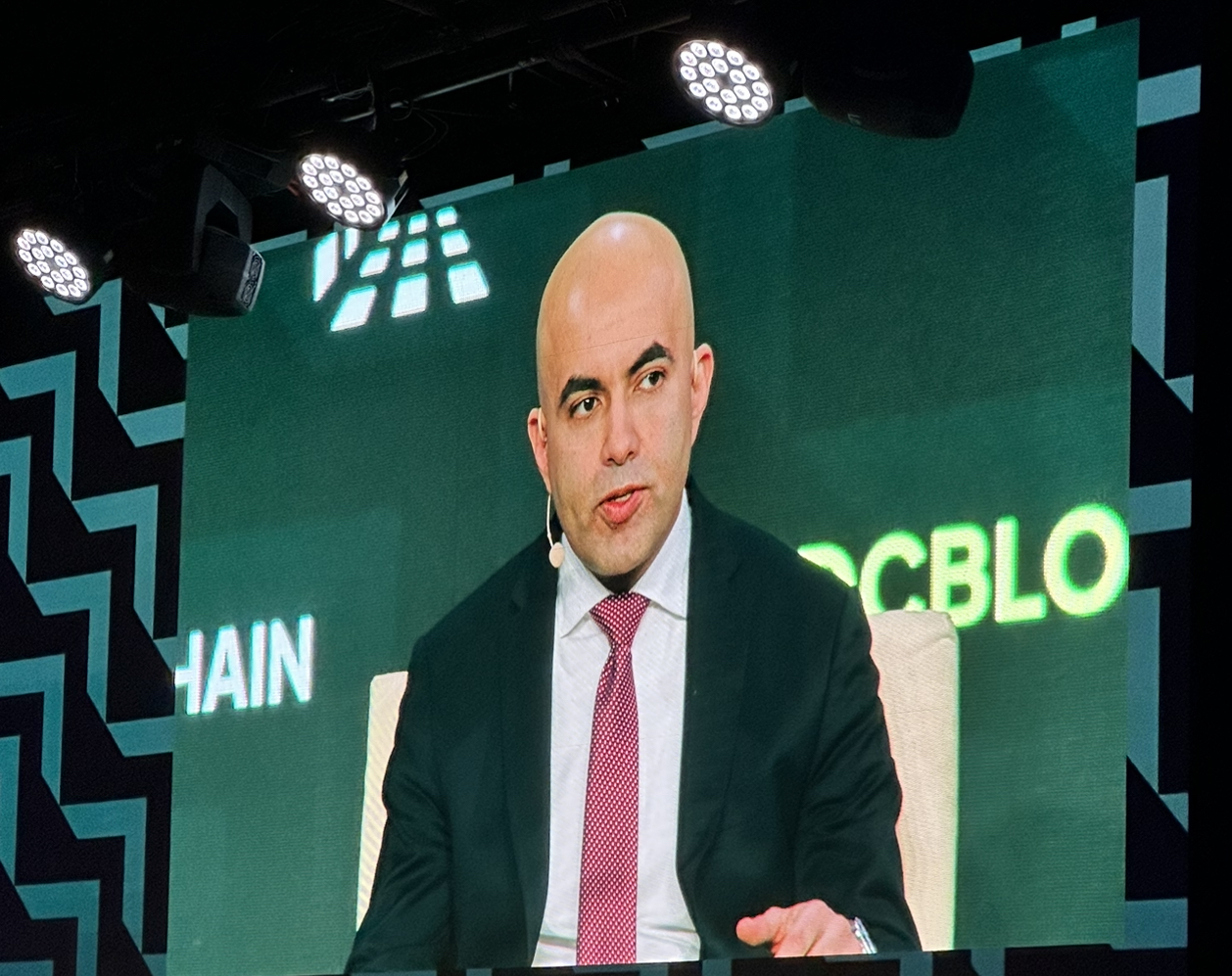The importance of innovation in the blockchain and cryptocurrency space must be balanced with public safety and financial stability, according to a group of government officials who spoke at the 2023 D.C. Blockchain Summit this week.
The D.C. Blockchain Summit is organized annually by the Digital Chamber of Commerce.
“The importance of all those factors is critical,” said Sandra Lee, deputy assistant secretary for the Financial Stability Oversight Council (FSOC) for the U.S. Department of Treasury. “The council identified a series of potential vulnerabilities that both the public and industry should be ready for.”

Bhasker
| JFairley/Blockchain Summit
The FSOC is a federal government organization consisting of 15 financial regulators from the U.S. Securities Exchange Commission (SEC), the U.S. Commodity Futures Trading Commission (CFTC) and the Office of the Comptroller of the Currency (OCC). It is chaired by the treasury secretary.
“We really did pull together to identify risks, and a number of those issues did come to pass, unfortunately, with FTX,” Lee added.
FTX, once valued at $32 billion, filed for bankruptcy in November as the crypto exchange’s founder, Sam Bankman-Fried, resigned amid accusations of financial misdeeds and fraud.
Lee was a panelist discussing the "U.S. government’s view of the cryptocurrency landscape," along with Department of Justice U.S. Digital Currency Counsel Sanjeev Bhasker and Director of National Cybersecurity Matt Cronin.
Cronin argued that society must come together for both privacy and accountability.
“That means when you're creating your platforms, you think through how to have basic know-your-customer protocols,” he said. “Adversaries at a very high level are looking for platforms where no one can know what they're doing. Child pornographers, terrorists and ransomware operators take advantage of that.”
Bhasker touted the National Cryptocurrency Enforcement Team (NCET), which builds upon the DOJ’s Digital Currency Initiative (DCI).
Launched at the end of 2021, NCET is comprised of prosecutors and members of the DCI who are placed in U.S. attorney's offices nationwide.
“It was created to tackle the most complex issues involving cryptocurrency, fraud, drug trafficking and ransomware,” Bhasker said. “We've had a lot of success. One of my colleagues brought charges for unlicensed money transmitted regarding the various crypto exchanges based internationally that were helping launder proceeds for the darknet market, Hydra.”
Before it was shut down, Hydra was an online criminal marketplace where users in mainly Russian-speaking countries were buying and selling cryptocurrencies for illegal drugs, stolen financial information, fraudulent identification documents, and money laundering anonymously and outside the reach of law enforcement.
"You should be thinking through how to ensure that the right people are using these platforms to enable commerce, to enable freedom and democracy in a way that is compatible with our fundamental values because the companies and platforms that do that and engage in that resiliency will be the ones that succeed in the coming years," Cronin told the audience.









